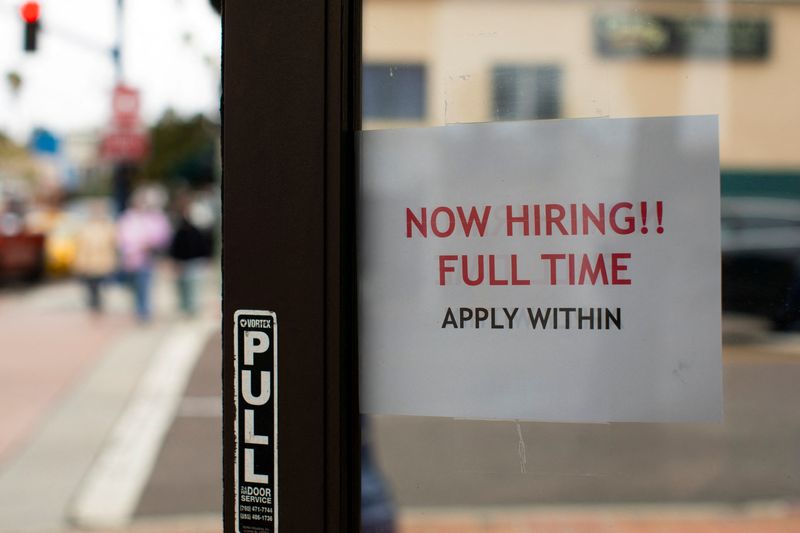BETA Technologies launches IPO of 25 million shares priced $27-$33
Investing.com - The number of Americans filing for first-time unemployment benefits increased last week, suggesting the economic uncertainty over the Trump administration’s tariff-led trade policies were weighing on the U.S. labor market.
Seasonally-adjusted U.S. jobless claims climbed to 247,000 in the week ended on May 31, an increase from the revised 239,000 in the prior week. Economists had predicted a reading of 236,000, while the prior week’s first reading was 240,000.
The four-week moving average, which aims to account for volatility in the weekly data, came in at 235,000, rising above the previous reading of 230,500.
This release has added to a series of reports released this week that point to a cooling labor market as companies grapple with uncertainty around Trump’s tariff policies.
An account from management services company ADP found that U.S. private employers added fewer jobs than anticipated in May, while job openings grew in April, although layoffs increased, potentially indicating some softening in demand for workers.
These numbers largely serve as a precursor to Friday’s all-important monthly nonfarm payrolls report, which is projected to show that the U.S. added 130,000 jobs last month.
Economists have warned that higher tariffs introduced by U.S. President Donald Trump could spark inflationary pressures and weigh on economic activity, while many companies have flagged that the uncertain impact of the levies is making it difficult to set investment plans.
This view was backed up by the Fed’s “Beige Book”, in its latest snapshot of the nation’s economy, released on Wednesday.
U.S. economic activity has declined and higher tariff rates have put upward pressure on costs and prices in the weeks since Federal Reserve policymakers last met to set interest rates, the U.S. central bank said.
The Fed has kept its policy rate in the current 4.25%-4.50% range since December and is widely expected to leave it there for another few months while its policymakers gauge the impact of Trump’s trade and other policies on inflation and the labor market.
This ‘steady as it goes’ policy stance has been met with dissatisfaction by President Trump, who once more called on Fed Chair Jerome Powell to lower interest rates, comparing the U.S. to Europe, which he claimed has lowered its rates nine times.
Trump wrote on Wednesday, "ADP NUMBER OUT!!! ’Too Late’ Powell must now LOWER THE RATE. He is unbelievable!!! Europe has lowered NINE TIMES!"
The European Central Bank earlier Thursday cut its benchmark deposit rate by 25 basis points to 2.0%, its eighth reduction in little over a year.
